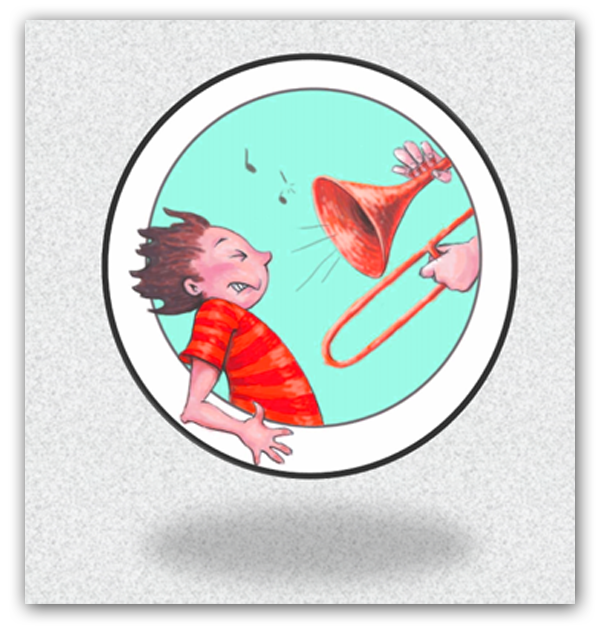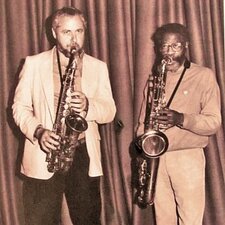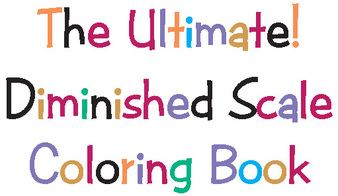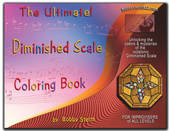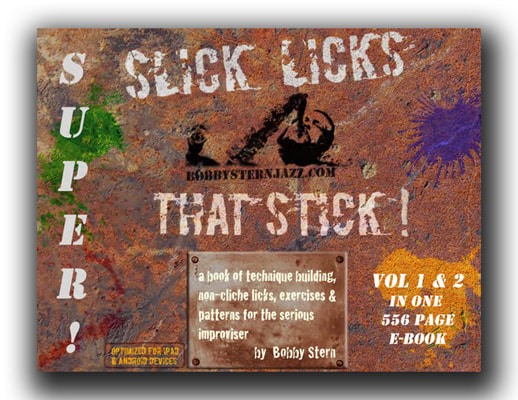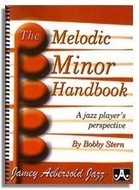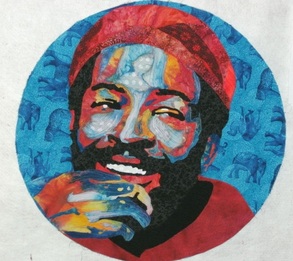 Marvin Penz Gaye
Marvin Penz Gaye I had been doing a modest amount of studio work in those days, mostly as a tenor saxophone soloist, as saxophone solos were common on many pop recordings of the '70's & '80's.
Munich, as far as Europe went, was a pretty major recording town. It was a center of the "Disco" boom of the '70's, and the city boasted several film music recording studios, hosting rooms large enough to hold entire orchestras. Arco was one of those places.
I called the number which was left with the message and a guy with a deep, resonant Barry White type voice answers. I gave him my name and that I was contacted about a session.
 Arco Recording Studio, Munich, Germany
Arco Recording Studio, Munich, Germany "No", I replied.
"Do you wanna work tonight?"
"Sure!" I responded.
He told me it was for a new Marvin Gaye album and gave me the time and place, which happened to be Arco. Interestingly enough, I had recorded an LP under my own name there several years earlier.
I was, as to be expected, kind of excited. I mean, Marvin Gaye was somebody I had constantly heard on the radio for the past twenty years or so.
When I got there, I guess I was a little early. They were still setting up for the session, so I got some coffee in the canteen and sat down with one of the assistant engineers who had given them my name, an English dude who's name escapes me after all these years.
Then at some point, a tall, distinguished looking gentleman, who wasn't Marvin Gaye, entered the room briefly and then left. I don't believe he stopped to introduce himself at that point, but I assumed it was the guy I had spoken to on the phone earlier that day. It was, and I found out shortly that his name was Harvey Fuqua, and that he was a producer.
 Harvey Fuqua
Harvey Fuqua It wasn't until years after that, with the advent of the internet, that I began to fully understand what an important influence this man had on the history of R&B and American Popular Music in general, and that he and Marvin went way back. In fact, Harvey Fuqua is the person who brought Marvin Gaye to Motown. They were reunited on this project for Columbia.
Suddenly, through the doorway, appeared none other than the man of the hour: Mr. Marvin Gaye, himself, live and in person. He seemed upbeat, full of energy and excited about how his album project was going. He was open, unpretentious, friendly and made me and everyone else feel completely relaxed. Since they still weren't ready to record, he got himself some tea and sat down at the table with us and started talking.
Among other things, I remember him mentioning how, back in the day, he "owned" Detroit and that the cops wouldn't even give him a traffic ticket. I also remember him saying something about how cocaine was "good for the skin" and that he used it "medicinally". He came off like a very down to earth, regular dude, and after several minutes, I felt like I had known him for a bunch of years.
 The Roland TR-808 Drum Machine
The Roland TR-808 Drum Machine I still didn't know squat about any of that stuff at the time. This was still the pre-MIDI era, and it wasn't until a few years later when I was able to start putting together my own little computer driven bedroom recording studio, that I became familiar with the 808's synthetic sounds, especially it's sub bass sine wave kick drum, which was usually sampled and used to death. However, this was one of the first major successful album productions to make use of the "808" exclusively.

To make sure I didn't miss the point, Harvey Fuqua came out of the booth and told me, "I need you to play this like you tryin' to get the woman into the bed with your horn".
"The woman in bed with my horn?", I said. "But what about me, ha ha ha?".
Even though this was a simple tune harmonically, I asked Harvey if he could write out the chord changes for me. He came out and sat at the piano for a few minutes and scribbled them out. I usually like to see see the chords, if possible, as well as hear them. I guess it makes me feel more secure or something.
As far as I can remember, I pretty much nailed it in one take, although they may have dropped me in on the last descending riff starting on altissimo high C (tenor), I'm not sure.
Everybody involved seemed to be happy with the results. The tune was eventually titled 'Til Tomorrow" and was the only ballad to be featured on this album, his last, entitled "Midnight Love".
Marvin seemed real happy. I remember him standing out on the studio floor with me as I was packing my horn, making small talk, when he said, "Can we play the rough mix of "Sexual Healing" for Bobby?". I said, "Man, you've got a song called "Sexual Healing"? You think they're ready for that?".
Duhhh!
"Yeah, I'd like to know what you think", he said. "Wow", I thought. "Marvin Gaye wants to know what I think about his new song. That's deep."
So they ran the tune.......you've heard it, and as I'm listening, I'm thinking, "Man, here's this voice I'd been hearing almost all my life, this is a trip!".
When the tune finished, he asked me, "So whatchya think?". I told him the only thing that came to my mind, which was the honest truth: "It sounds like........Marvin Gaye!"
When I heard the bell ring and saw the green lights go off in the faces of everyone in the room, I knew I had given the "right" answer, and that they weren't gonna beat me down with baseball bats!
The truth is, if I had a nickel for every time I had to play "Sexual Healing" over the next 30 years at a wedding or club or whatever in a top 40 type situation....well, you know.
But it was very cool at that moment and in that context to be one of the first people to hear it.
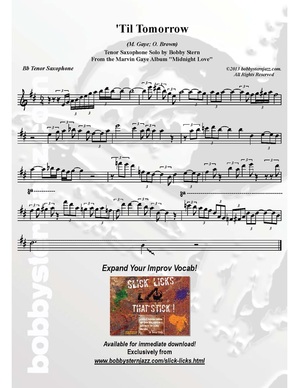
If I were to rate my own work here, I'd say that I did the job that they paid me for, which was to add a counterbalance and support to Marvin's vocal and the track in general within the allotted space given to me.
Nothing earth-shaking or spotlight stealing here, just another flavor to support the subject matter, which is getting or giving up the drawers. The fact that his tune has a strong "church" feel, at least rhythmically, is one of the contradictions of Marvin Gaye.
But in remembering the words of a wise man, it should be played "like you tryin' to get the woman into the bed with your horn!".
Go to Part 2
Saxophone solo starts at ca. 3:06
 RSS Feed
RSS Feed
